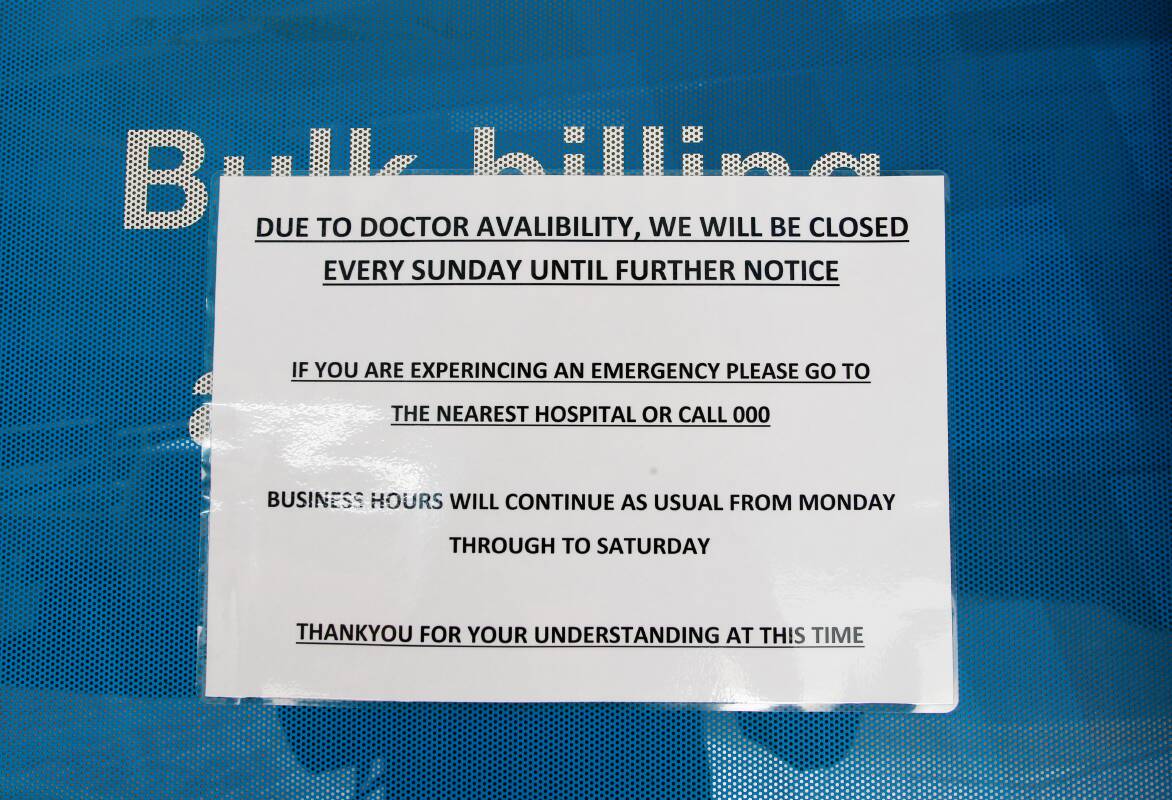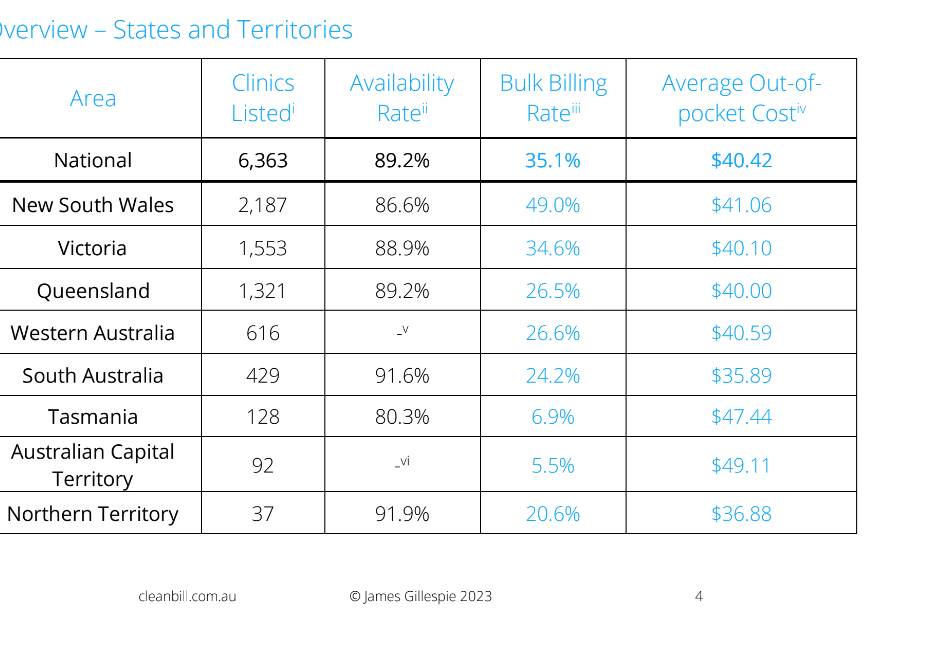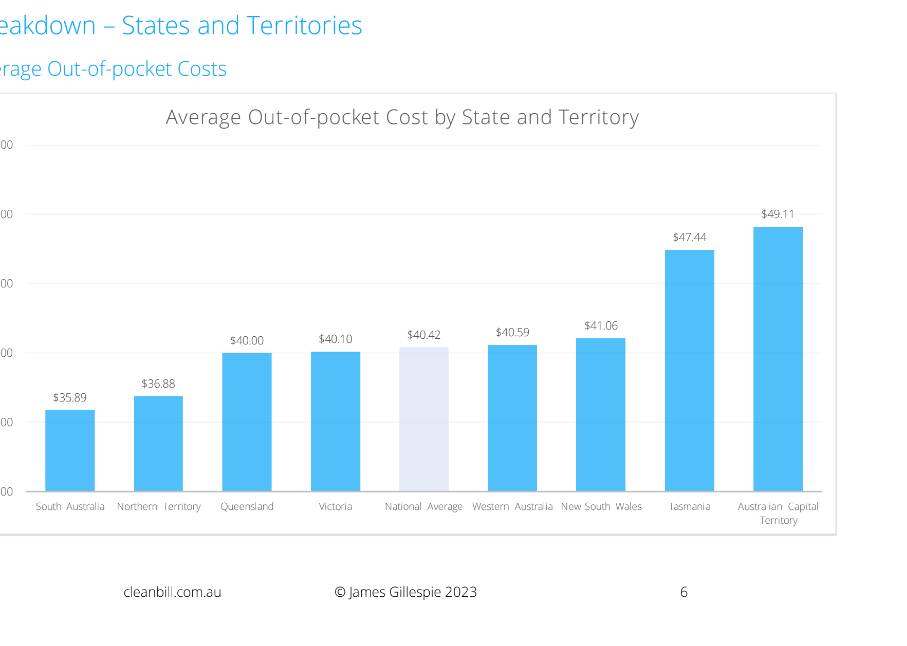
AN independent survey of more than 6300 GP clinics across Australia puts the bulk-billing rate at 35.1 per cent, or less than half of the 82 per cent stated in the last official Medicare statistics.
The survey by Cleanbill - formerly known as MindTheGap - is being used by Labor MPs including Newcastle's Sharon Claydon to criticise what they call the "cuts and neglect of the former Coalition government".
The Health of the Nation Report defines the bulk-billing rate as "the number of bulk-billing clinics divided by the number of available clinics for the area".
While the national rate was 35.1 per cent, state and territory rates ranged from 5.5 per cent in the ACT and 6.9 per cent in Tasmania, through to a peak of 49 per cent in NSW.

The official Medicare figures define the bulk-billing rate as the number of bulk-billed services divided by total services.
The Cleanbill report also quotes a national "availability rate" of 89.2 per cent, reflecting "the percentage of quoted clinics not taking new patients when called".
Each state and territory had a rate of between 80 per cent and 92 per cent, meaning that only one in five clinics at the most were taking new patients.
Cleanbill founder James Gillespie told the Newcastle Herald that the Medicare statistics include the bulk billing rate for all procedures, whereas the Cleanbill figures look only at Medicare item 23 - the standard consultation.
Mr Gillespie says the standard consultation is only one of hundreds considered by the Department of Health in publishing bulk-billing rates, and accounts for just over 45 per cent of the services rendered by GPs under Medicare.

He said the official statistics were not classified by item number, so it was impossible to tell how often these consultations were bulk billed.
But these figures were included in the overall rate, and were the reason why the official figures were so much higher than those produced by Cleanbill, and why the official rates were at odds with "what most Australians experience when visiting a GP".
"The percentage of services rendered in a given area that are bulk-billed tells patients very little about where in the community these services can be accessed and the availability of these services for new patients," Mr Gillespie said.
By focusing on clinics, rather than services rendered, our data complements the Commonwealth's and offers insights not necessarily captured in the official reporting."
Mr Gillespie described the report as "the first comprehensive survey of GP availability and billing practices in Australian history", breaking the figures down from national to federal electorate level.
The report also looks at out-of-pocket costs, which varied greatly between electorates but had a national average cost of $40.42 a visit.
Mr Gillespie is a Canberra public servant who says he funded MindTheGap and now Cleanbill out of his own pocket.
He said he Cleanbill website allowed the public to search for bulk-billing practitioners in their area, who could register their services on the site.
Ms Claydon said the Cleanbill report confirmed the shortage of bulk-billing a bulk-billing GP in Newcastle, a situation which in turn put pressure on hospital emergency departments when people "can't afford the cost of a GP".
"I consistently raised this with the former Coalition government, which did nothing but actively undermine universal healthcare while in power, by cutting funding and introducing a 6-year freeze on Medicare rebates," Ms Claydon said.

To see more stories and read today's paper download the Newcastle Herald news app here.







